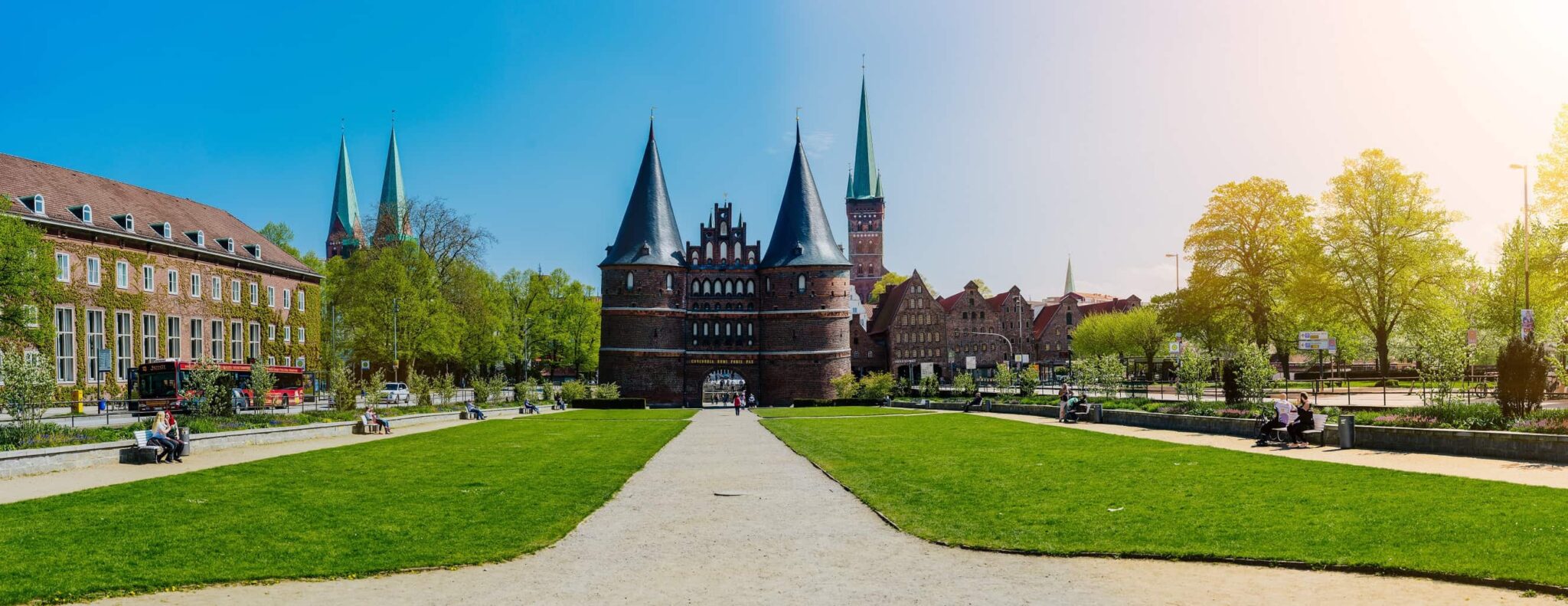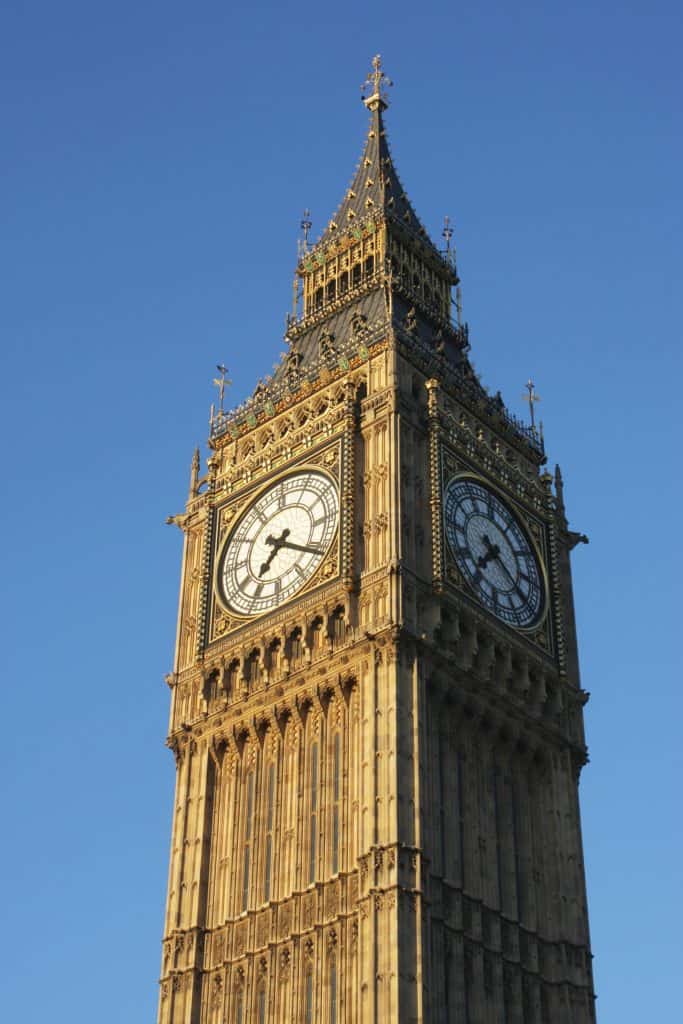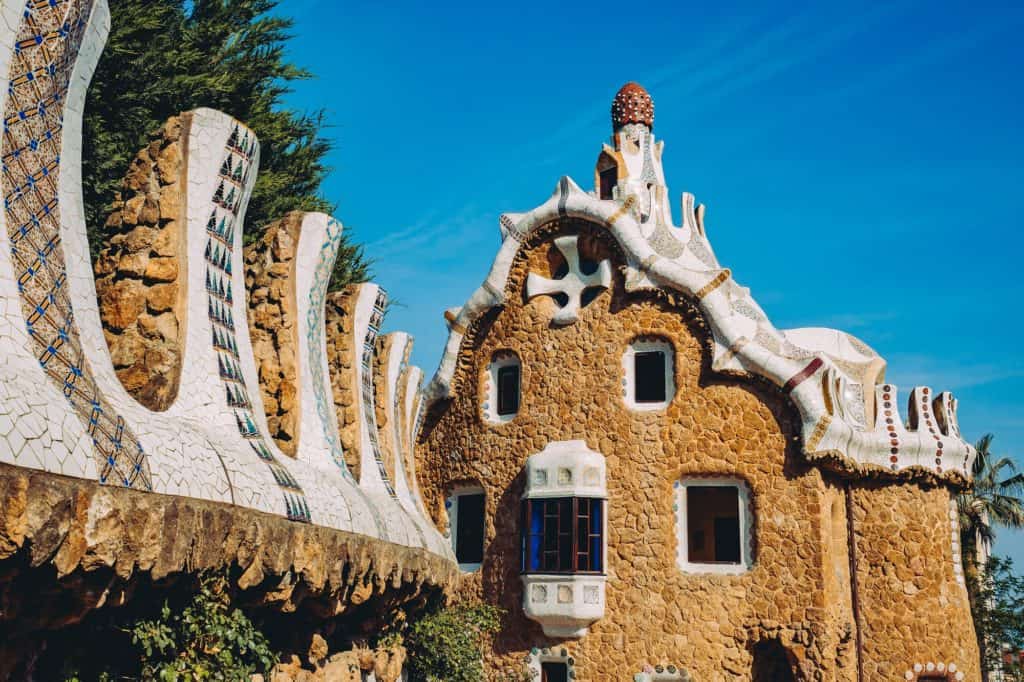Success in European Tourism with David Mora

Updated On: November 07, 2023 by Ciaran Connolly
David Mora, Director of Emoturismo shares some insights into the role of a tourism consultant and the European tourism, travel and hospitality market.
Mora shares insights into emerging waves of the tourism industry – one of which is music’s integral relationship with tourism, especially European Tourism. He notes how London is the birthplace of pop music, whilst Liverpool is another city driven by music tourism.
Meanwhile, Spain is now emerging as a top music destination for tourists thanks to its great weather and shoreline festivals. This is only one of the emerging markets within European tourism, with film emerging as another growing market.

Mora’s tourism role allows him to work with many different municipalities and local governments, helping to create strategic plans and tenders.
These plans aim to attract visitors to destinations he works with. David also teaches in many business schools and universities, sharing his industry leading-expertise on the world of travel.
David opens up about the tourism industry and offers advice to places and countries who don’t have a large tourism base on how they can improve for the future, with a focus on European tourism. A central point David makes is to learn from past mistakes, as past mistakes can then be used to your advantage.

It is also better to focus on more outbound markets, as European tourism focuses a lot on the three individual markets of France, the UK and Germany.
The tourism expert also highlights how the local community of a market is an important role of any tourism strategy. “It is very important to engage the local community, which is the roadmap for tourism in a country”.
This is to avoid potential conflicts of interests between the tourism industry and the local community, which can lead to a bad relationships and less tourists visiting a particular place. He also mentions it is best to develop a sense of place, similarly to establishing a brand.
David also shares how different governments can play their own parts in tourism growth. This includes international and local growth. Different strategies local governments can play their part in can include tax policy.
For example, a government can lower taxes for air travel, which could mean airline companies could lower their fares for customers. These lower fares could then attract more people to visit a region or country as it is cheaper to visit.
Overall, David explains that tourism should always be a means of development. By welcoming tourists and giving them the best experience possible, people will be more likely to recommend the country or city they visited.
Mora also mentions that different countries need to adapt to the individual resources available to them. All destinations have unique resources and attractions that tourists will want to visit: so it is up to the destination to market the attraction tourists and to make them feel welcome by offering strong services and easy access.
Following the examples mentioned by Mora of European Tourism, in Spain, we’ve talked about the best things to do in the Spanish city of Vigo and all the things you need to know before traveling to the picturesque architectural hub of Seville! Also, in London, we recommend you check out the list of things, tips and places to visit when you decide on this wondrous city as your next tourist destination!






